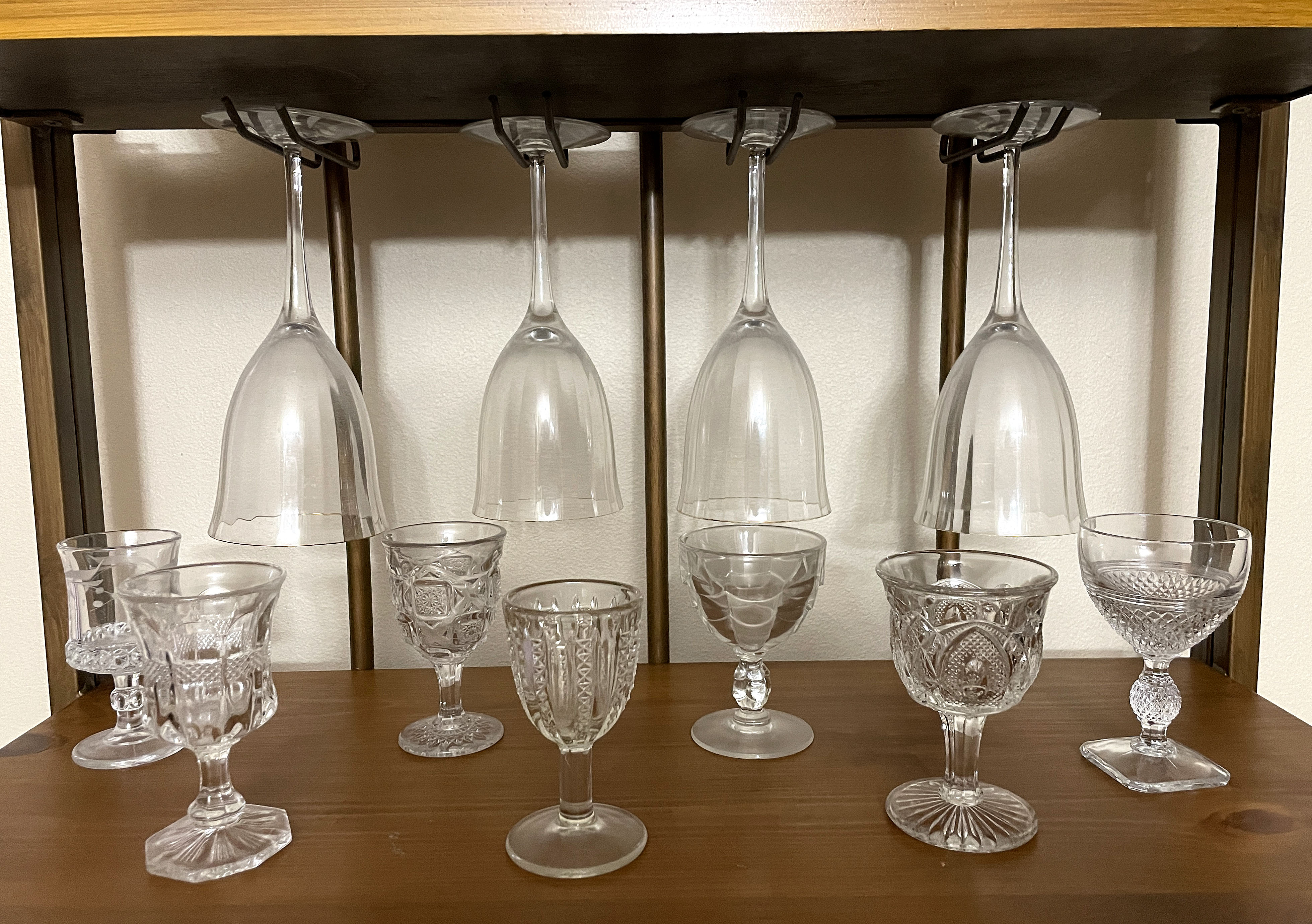You don’t need to change, but you are probably going to in many ways. It’s inevitable. If there is one undeniable thing about living on planet earth, it is that everything changes. People grow up. They learn and move. Sidewalks crack. Weeds infringe on gardens. Glaciers flow and recede.

Given that, I’ve been thinking about the changes we go through and wondering if there something inside of us that is unchangeable, impermeable even. Is there something at the core of our being that defines us? Under all the learning and experiences that we use to define who we should be, is there a person we truly are and have always been?
This all came to me as I was watching a particularly talented science teacher’s lesson on observation which reminded me of a lesson I taught. Bear with me, I’m taking a jarring detour to Freshman Physical Science to explore this.
Back in the day, I taught an introduction to chemistry and physics to ninth graders. I taught in the small school at the foothills of the Cascades. Most of the kids were naturalists, though they were unaware of this. Growing up in that environment, they noticed things about the world that most people miss. They were the kind of kids who figured out the metamorphosis of caterpillars into butterflies through wondering eyes long before they ever saw a diagram of the process. They might not have known the scientific terms for what they were experiencing but they knew the patterns, systems, and processes in nature. They knew magic was happening.
One of the topics we explored was the difference between physical and chemical change. In case you’ve been out of ninth grade for 41 years like me, I will recap. Physical changes are changes in the appearance or form of a substance but not the chemical makeup of the substance itself. For example, melting an ice cube or boiling water changes the form of water but the substance is still water. Likewise, chopping wood, shredding paper, or crushing a can results in a change in form not substance. Chemical changes are changes in the chemical structure of the substance. While chopping wood or shredding paper only result in smaller piece of wood and paper, burning them changes their substance. Baking a cake causes a chemical change in the ingredients. You might be able to tape a shredded page back together (or at least the guys on CSI can), but you are never getting the egg back in its original form.
In the lab, my student scientists would mix different substances and observe the changes. An Alka Seltzer tab dropped in water bubbled as it disintegrated. Sugar stirred into water seemingly disappeared. Salt became camouflaged when mixed with sand. I would ask them to identify the changes they observed and give supporting evidence for their assertions. As they dropped a rock in a beaker of water, I asked if the rock had changed. It was clearly still a rock, albeit wet. Drying it off, however, would return it to its original state. Had it changed? Only temporarily and not substantively. One of my naturalists would point out that the rock was smooth because of the flowing river it was likely submerged in. They would soon realize the rock was simply smaller as a result. It hadn’t actually changed into a different substance. I would ask, what about heat? Rocks can become hot, but the sun does not change a rock. It will cool off as soon as the sun goes away. It doesn’t even hold onto the heat the way that spaghetti sauce does long after the stove it turned off.
An egg on the other hand is never going back to its original form once you have heated it up. You can’t cool it off or reshape it. It is changed chemically. We might still call it an egg—hard boiled, over easy, fried, scrambled—but it is not the same thing we started with.

That happens to people too. We get scrambled by circumstances that make us question our beliefs. Other times we are whipped up by our friends to stand tall like peaks of meringue against the heat of the oven. We feel like we are underwater unable to find purchase one moment and then bask in the sun on solid ground the next. We get lit up and lifted up. We lose ourselves among the grains of sand. All of these things change us in some way. But are we eggs or are we rocks? Is fried-egg-change the default or wet-rock-change.
I believe we are rocks. I believe there is a core to us that is solid and defined. I believe we are all born inherently good, beautiful, perfect, and valuable. Things happen to us. Whether it is an earthquake that sharpens our edges or a river that smooths them out, we are still that rock. We are still that good, beautiful, perfect, valuable being.

I have sometimes felt that circumstances have changed me, even marred me indelibly, but that is not really true. I know that because things are always changing. I may be hardened at one point or tenderized at another, but I return to the center of who I am—my inner rock.
We are hard on ourselves, though. We want to change and be better people, but the truth is we are already. Your rock might have heated up, but it didn’t turn into something else. And unlike spaghetti sauce, it will cool off quickly. Your rock might be buried right now beneath the dirt. If you dig, you will find it. You are not your circumstances or your fleeting response to them. At your core, you are still that rock. Do what you need to do to unearth the rock that you are!






Leave a Reply